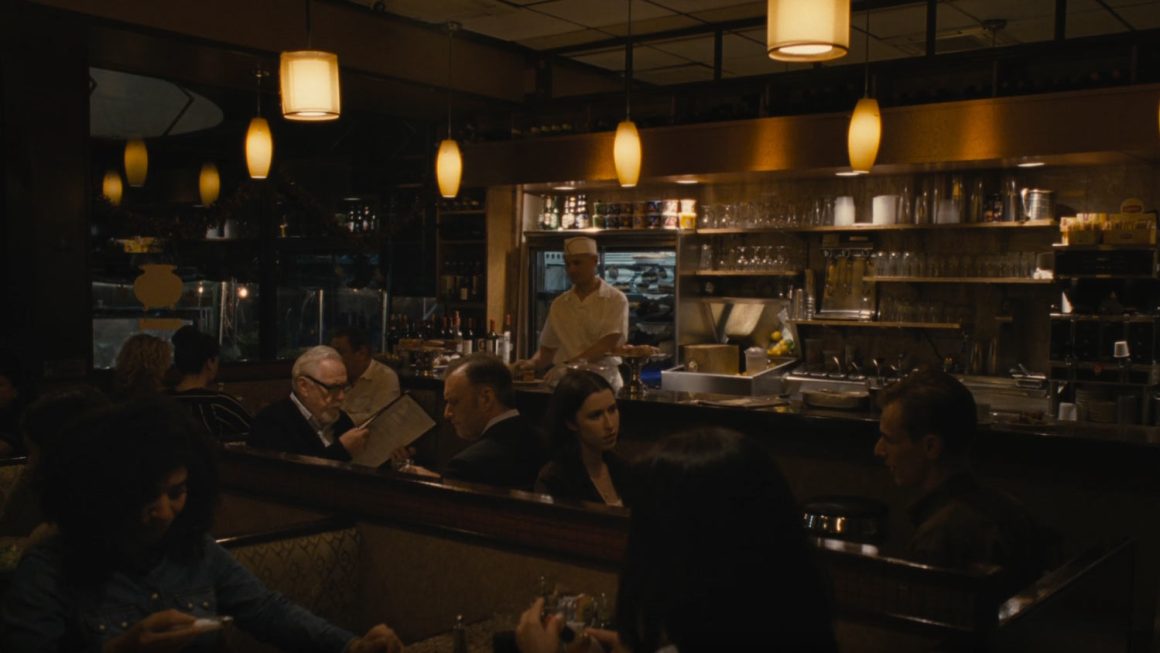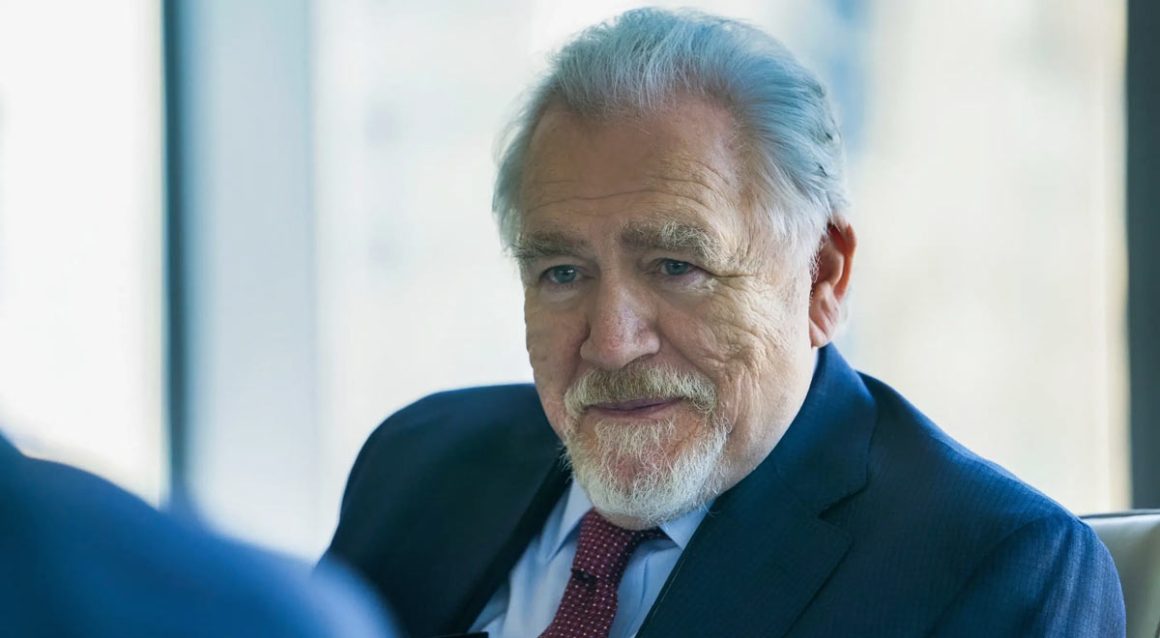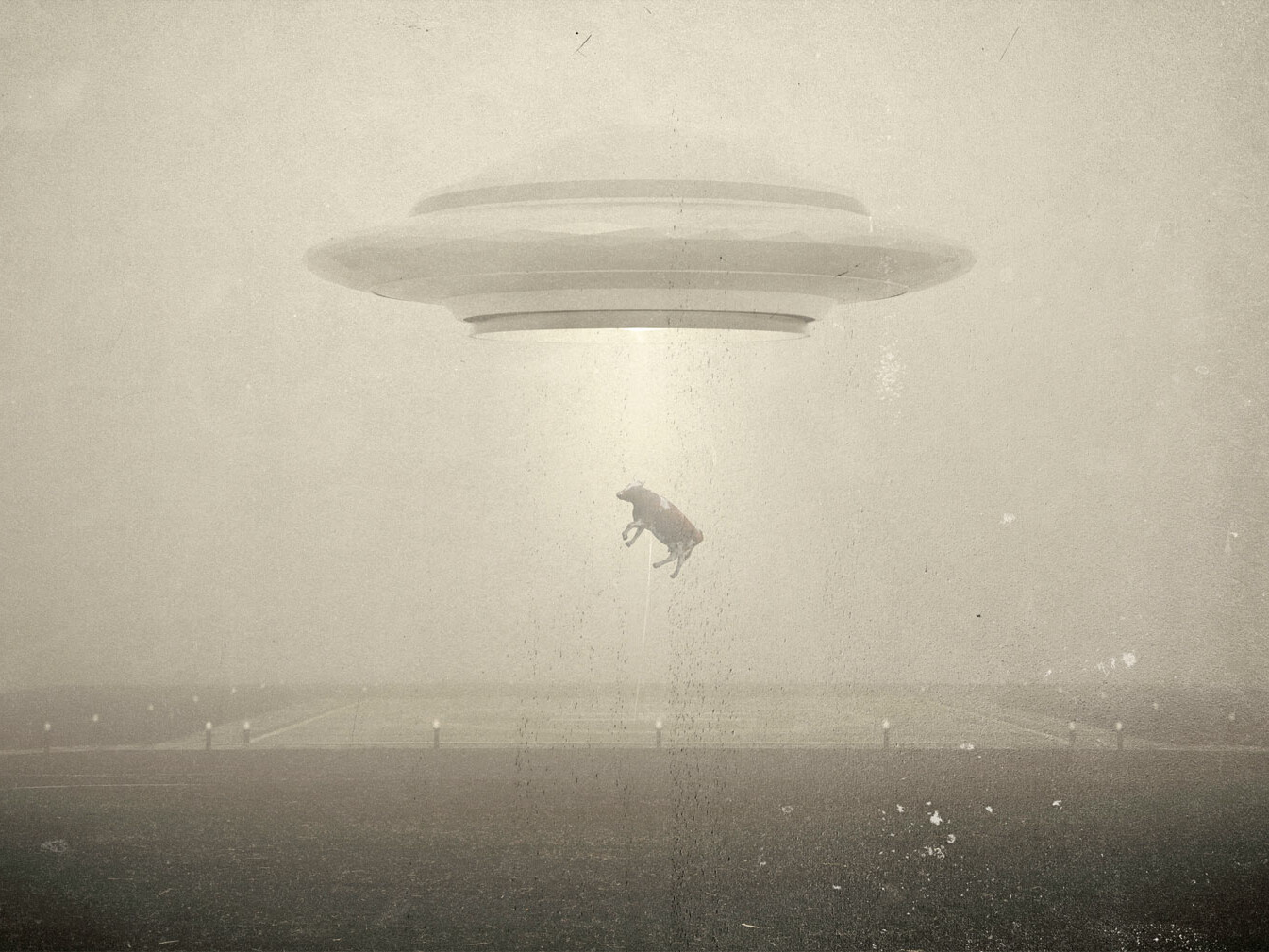In the first episode of the 4th season of the acclaimed HBO series ‘Succession’, there’s a scene where Logan Roy is seated in a café with his trusted bodyguard Colin. After a bit of unbroken silence between the two of them, Logan interrupts the quiet by mentioning that he enjoys Colin’s company. He thinks of Colin as a good guy. A pal. His best pal. This is kind of a shocking revelation for the viewer, coming from the man whose signature way to end a conversation is, “F*ck off”. Logan’s popularity on the show has nothing to do with his stellar ability to display positive affection; not to his close family, not to his friends, not to anyone. Logan excels at being a jerk. Logan loves power. As one of his ex-wives said, Logan likes to kick things to see if they will still love him. Yet here we are, in a cozy café, with Logan Roy and Colin’s, the bodyguard, talking about friendship.

Logan continues to have a mostly one-sided conversation with Colin, the latter interjecting momentarily to accept a compliment in two or three words, three being “Thank you sir”. This is probably the biggest reason why Colin is Logan’s ‘best pal’. Colin does not question Logan’s authority. Not many professional bodyguards question their bosses. It’s an unwritten rule of taking the job as a personal bodyguard for one of the few billionaires in the world.
Then Logan gets spiritual. He asks Colin “(do) you think there’s anything after all this?”. That age-old question that has puzzled philosophers and wise men alike since the beginning of time. Logan wants to know what Colin thinks. At first Colin uses one of his two-words phrases and says “nobody knows”. Logan continues with his existential excursion. The bid bad Roy has a hunch that this is all there is to life. That there is no life after death. Then Logan presses Colin some more and Colin let’s his guard down momentarily. Colin, like the viewer, had deluded himself into believing that Logan Roy meant the words of friendship he had uttered a few moments ago. So when he’s prodded for an answer to the question of whether ‘this’ is all there is to it, Colin figures he can offer a differing opinion from Logan’s by mentioning that actually, his father is religious and he believes tha… He does not get to finish telling us what his father believes. He is cut short by Logan before he can finish telling us what his father believes.
You can leave the religion but the Hound of Heaven will still pursue you.
In movies, tv shows and in other literature, the answers to the kinds of existential question Logan asks are often sought by a character who is close to their death. It’s like they can sense it coming so they find themselves taking stock of their life. Wondering what kind of life they have lived. Was it a good life? What could they have done better? That thing about hell and the unquenchable fire and undying worms can’t be true, can it? Questions which had been successfully shoved to the back of the mind suddenly come to the fore with an urgency that cannot be ignored. All pretense, all responsibilities, all else, falls away, leaving you naked in front of the ghost of your own mortality.
The Hound of Heaven
You can leave the religion but the Hound of Heaven will still pursue you. In Francis Thompson’s 1890 poem titled ‘The Hound of Heaven‘, the poet tells the story of a speaker who tries to escape from God throughout his life. He runs from God through different means but is relentlessly pursued by God’s love. The speaker runs from God in order to maintain the pleasures of his dissolute life. One can imagine the speaker’s real-life counterpart, Thompson, doing the same as he battled some of the unsavory aspects of his unusual biography which feature among other things opium addiction, homelessness, attempted suicide, and nearly crippling social anxiety. Eventually, the speaker in Thompson’s poem surrenders to God’s love, finding solace in the love of children and in the natural world.
“I fled Him, down the nights and down the days;
I fled Him, down the arches of the years.
I fled Him, down the labyrinthine ways
Of my own mind; and in the midst of tears
I hid from him, and under running laughter.”
The Hound of Heaven can be interpreted in various ways. It is often interpreted as a symbol of God’s pursuing love, chasing the speaker throughout his life. It was used as an example of the hero’s “refusal of the call” to adventure in Joseph Campbell’s book, The Hero with a Thousand Faces (1949). The poem is also the source of the phrase, “with all deliberate speed,” used by the American Supreme Court in Brown II (1955), the remedy phase of the famous decision on school desegregation. In April 2020, in an interview with Phoebe Waller-Bridge on his show ‘The Late Show with Stephen Colbert’, Stephen Colbert told her that he thought the fox that appeared in her series Fleabag was the Hound of Heaven.

Logan’s Guilt
The Hound of Heaven can also be interpreted as a symbol for conscience, guilt, or even death, which relentlessly follows and haunts a person until they confront it. In this sense, the Hound represents the nagging feeling that one has done something wrong, unethical, or immoral. Just as the Hound relentlessly pursues the speaker in the poem, these feelings can relentlessly and unyieldingly follow a person until they address or confront them. Guilt, in particular, is often experienced as a feeling of being pursued by something that won’t go away, just like the Hound in Thompson’s poem.
In Logan Roy’s case, the Hound of Heaven is about a larger pursuit of self-awareness and redemption(?). Logan is not a good person. Nor does he try to be. Logan is cutthroat, and utterly ruthless. He would much rather be feared than loved. The man lacks any natural sense of compassion or empathy. He sees life as a series of power games to be won—and he’s happy to make those games as twisted as powerful. Logan Roy is a smart, strategic businessman, to whom humiliation is just another tool in his arsenal. Logan’s arrogance is also his weakness. He refuses to acknowledge that he has limits or flaws, even when it’s clear his health is declining. The man exemplifies textbook narcissistic behavior. He does not deem anyone capable enough to succeed him and manipulates those around him to maintain complete control. Trust is a foreign concept to him, as he considers himself invulnerable and, to some degree, immortal. He has held the reins for a long time, and relinquishing power is not a notion he entertains. In his mind, he is the be-all and end-all of everything.
Those strong hound feet that have followed Logan Roy all his life, with unhurrying chase, at an unperturbed pace and deliberate speed have finally caught up with him and now he find himself wondering many wonders. What is a person? He asks Colin, then proceeds to answer his own question. The man cannot escape these questions because once the hound of heaven catches up with the speaker, he has nothing else to do but to face the truths of his life.
It makes sense that Logan Roy chooses to believe death is the end. It is the most comforting answer for a man with his kind of existential résumé. If this is it, Logan Roy won’t need to account for his actions in life. It’s a poignant moment for Succession but also a good reminder that how you live your life matters. Eventually, the Hound of Heaven catches up with us all.
Muiruri Beautah
Muiruri Beautah is a Head Writer at WAKILISHA and a Marketing Manager at Peach Cars. He has created award winning work for brands such as Unilever, Diageo, SafeBoda and Safaricom Plc. He lives in Nairobi and in the hearts of children around the world.
3 Comments
Comments are closed.





I don’t think your assessment is accurate, people like Logan are usually at the top of business in real life because they have intuitive prowess for playing others to their advantage and possess innate intuition towards business, aka “gut feelings”.
Plus, Logan is 80. like any other person, he was better in his prime than he is now. He can’t have been that bad if he was able to remain a titan in business for the majority of his reign.
That’s not true and you know it. If he’s so good, why didn’t he move with the times and stay relevant? What’s smart about being at the top of a business in decline?
Everything you’ve said supports the idea that he had a lot of success in his earlier life but couldn’t maintain it or bring in the talent he lacked (including from his offspring). His own bad choices, including the secret debt, the appalling story of cruises, and his complete failure to plan for succession, has led to the crossroads he’s now at.
I’m not saying he hasn’t made mistakes, but I don’t think that means he is a “bad businessman”.
Pivoting a business as big as Waystar isn’t some snap of the fingers, and frankly many businesses that size who try to completely shift focus to “stay relevant” fail.